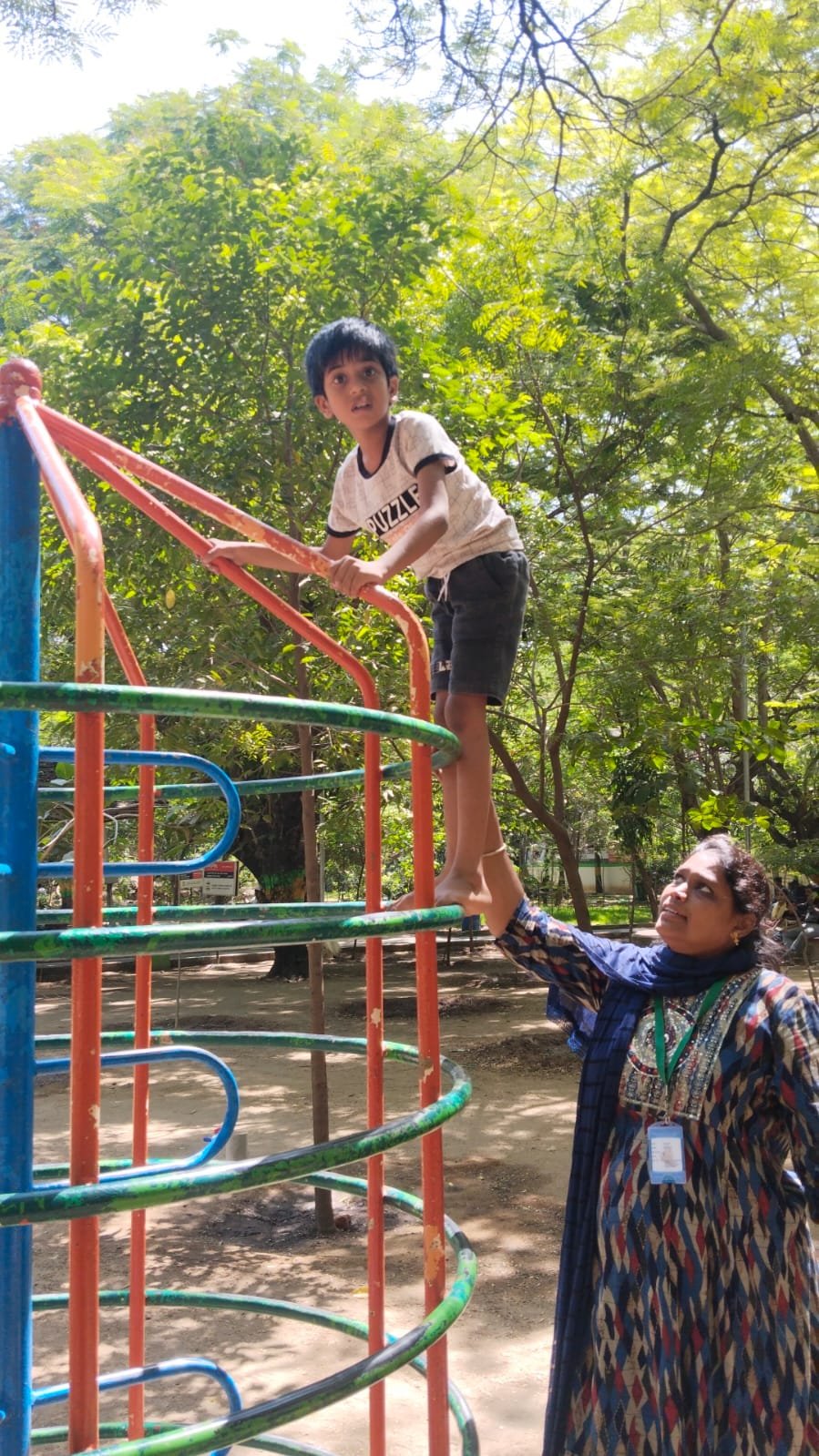Play Therapy
Play therapy is a therapeutic approach that uses play to help children, including special children, express themselves, learn, and cope with challenges. It provides a safe and supportive environment where children can communicate, explore emotions, and develop essential skills.




Here are key aspects of play therapy for special children:
Communication and Expression: Play serves as a natural form of communication for children, allowing them to express themselves when verbal communication may be challenging. Special children can use play to convey thoughts, feelings, and experiences.
Emotional Regulation: Play therapy helps special children regulate their emotions through various play activities. This can be especially beneficial for those who may struggle with emotional expression or have difficulty managing strong emotions.
Sensory Integration: Play activities can address sensory processing challenges. By engaging in different textures, sounds, and movements during play, special children can enhance their sensory integration skills.
- Social Interaction: Play therapy provides opportunities for social interaction in a controlled and supportive environment. Special children can practice social skills, cooperation, and communication through play.

Imagination and Creativity: Play therapy encourages imagination and creativity, fostering cognitive development. Special children can engage in imaginative play, which may enhance problem-solving and critical thinking skills.
- Motor Skills Development: Play activities often involve fine and gross motor skills, contributing to physical development. Special children can improve coordination, balance, and motor planning through various play experiences.
Building Relationships: Play therapy builds a therapeutic relationship between the child and the therapist. This relationship is crucial for trust-building, providing a foundation for effective therapy.
Cognitive Stimulation: Play activities can be designed to stimulate cognitive functions, such as memory, attention, and spatial awareness. Special children can enhance cognitive skills through age-appropriate play.
- Problem-Solving Skills: Play therapy allows special children to engage in activities that promote problem-solving and decision-making. This can translate into improved problem-solving skills in daily life.
Self-Esteem Building: Success in play activities contributes to a sense of accomplishment and boosts self-esteem. Special children can experience pride and confidence in their abilities through play therapy.
- Adaptability: Play therapy is highly adaptable to the unique needs and preferences of each child. Therapists can tailor activities to accommodate various abilities and challenges.
Trauma Processing: Play therapy can be an effective tool for special children to process and work through traumatic experiences. Play provides a non-threatening way to explore and make sense of difficult emotions.
Individualized Approach: Play therapists customize interventions based on the individual needs, developmental level, and interests of each special child, ensuring a personalized and effective therapeutic experience.
Play therapy for special children offers a dynamic and engaging way to address a wide range of developmental, emotional, and social needs. It embraces the idea that play is a powerful vehicle for healing and growth.


